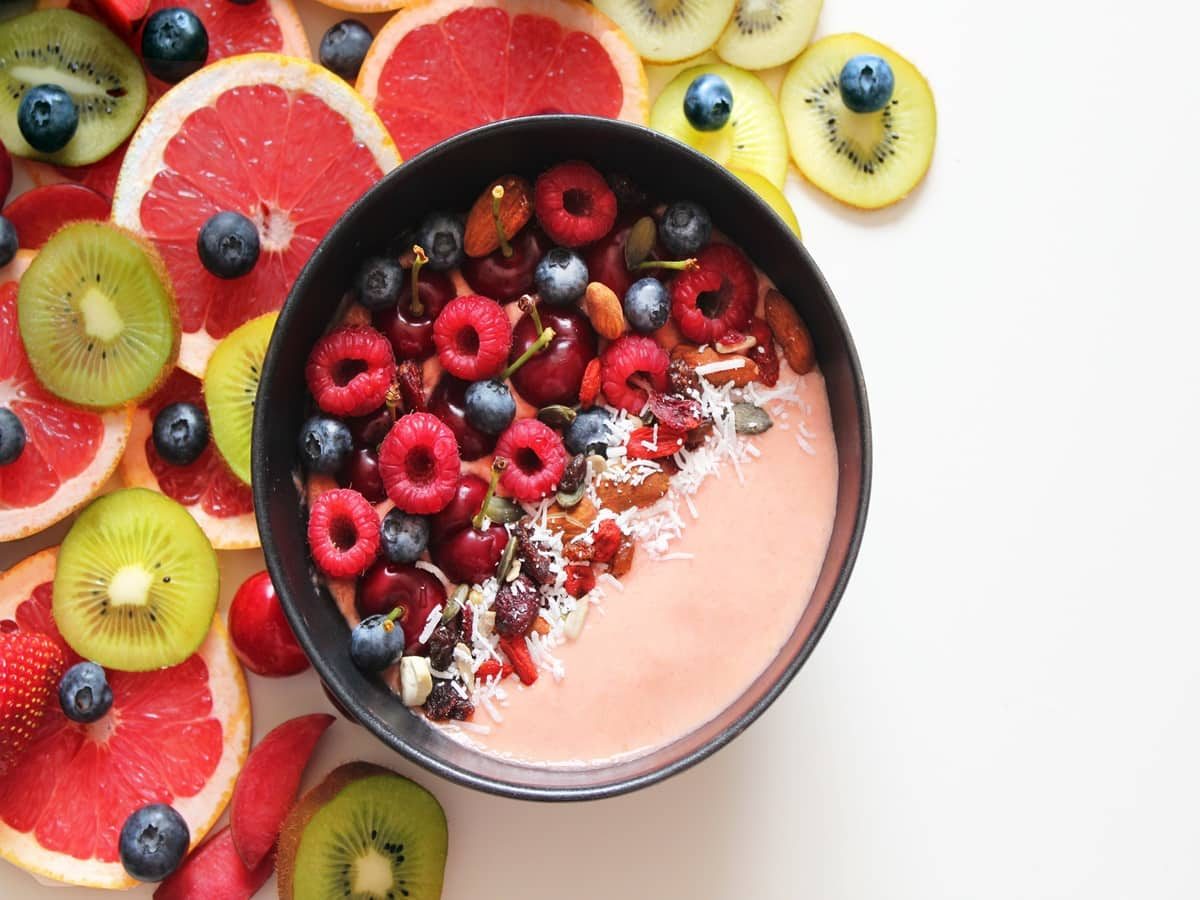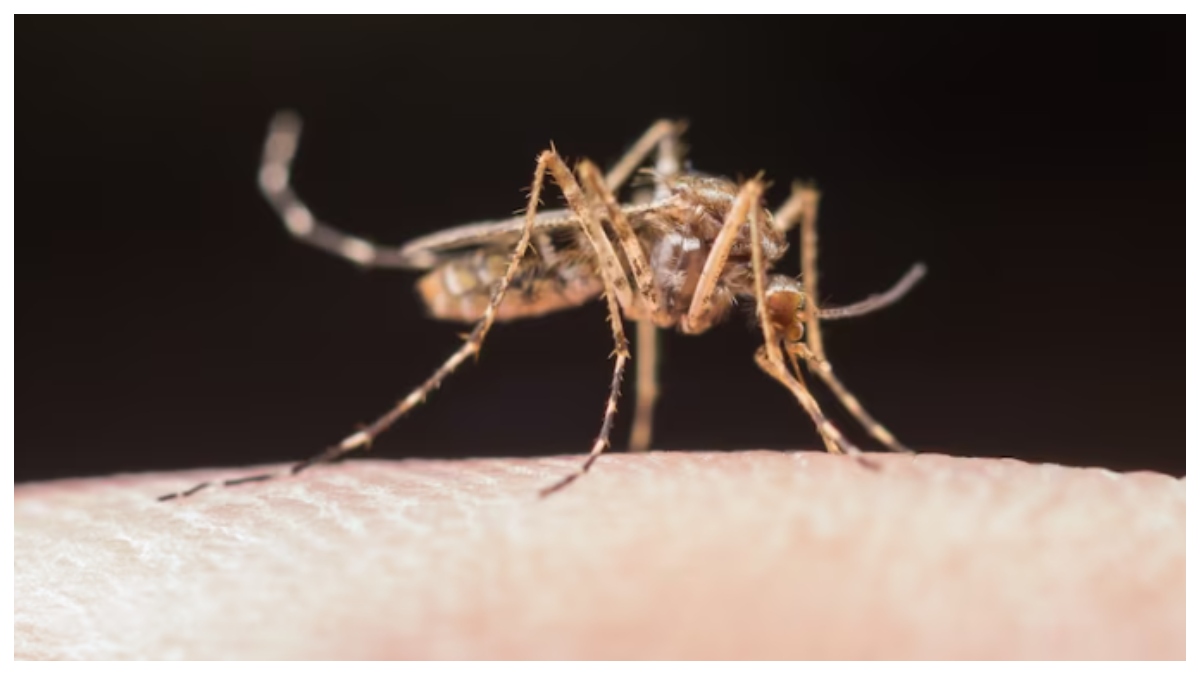
Make these small swaps in your diet and see the drastic change.
The food we eat has a huge impact on our body, hence making a correct choice is equally imperative. making dietary changes may look like a task but some simple food swaps can do wonders for your health. A new study, co-authored by a Tulane University researcher and published in Nature Food, emphasizes the potential for small dietary changes to reduce carbon emissions and improve diet quality. The study was co-authored by researchers from Stanford University and Harvard University, in addition to Tulane University. Making simple substitutions like switching from beef to chicken or opting for plant-based milk over cow’s milk can decrease the average American’s food-related carbon footprint by 35%.
Here Are Some Important Points To Note!
- If you make some significant changes to your diet, it can enhance the diet quality by 4-10%.
- The small swaps you make can promote climate-friendly eating habits that will also help the environment. Food production accounts for a significant portion of the nation’s greenhouse gas emissions, with beef production being a major contributor.
- The study also clears the misconception that reducing dietary carbon emissions requires major lifestyle changes, instead this is not the case. Even small changes like choosing a chicken burrito over a beef burrito or selecting plant-based milk can have a substantial impact.
- Children are equally affected by the small swaps. Switching children to plant-based milk can have a meaningful impact on the carbon footprint and help establish positive habits early.
- The study wasn’t initially focused on identifying healthy alternatives but found that replacing high-carbon foods led to significant improvements in diet healthiness.
- The study demonstrates that making just one ingredient swap can yield meaningful changes in both climate outcomes and diet healthiness.
- There’s an overlap between sustainable and healthy diets, showing that small dietary changes can be a win-win solution.
Substitution Approach Used By The Research
The study analyzed diet data from over 7,700 Americans and identified commonly consumed high-impact foods that could be replaced with nutritionally similar, lower-emission options. Substitutes were sought to be as similar as possible, like swapping a beef burger for a turkey burger. The largest reductions in emissions were observed in mixed dishes such as burritos and pasta, where it’s easy to substitute lower-impact proteins for beef.





































